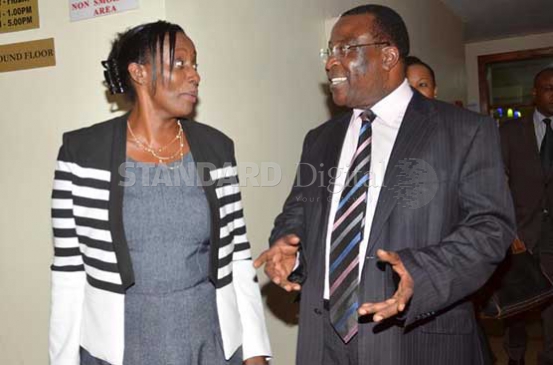×
The Standard e-Paper
Smart Minds Choose Us

NAIROBI: A national survey on public participation and implementation of devolution has returned a shocking verdict that sets the expectations of citizens and their elected leaders far apart.
The study is likely to raise a storm as it has emerged that elected leaders perceive citizens as too demanding and unreasonable.